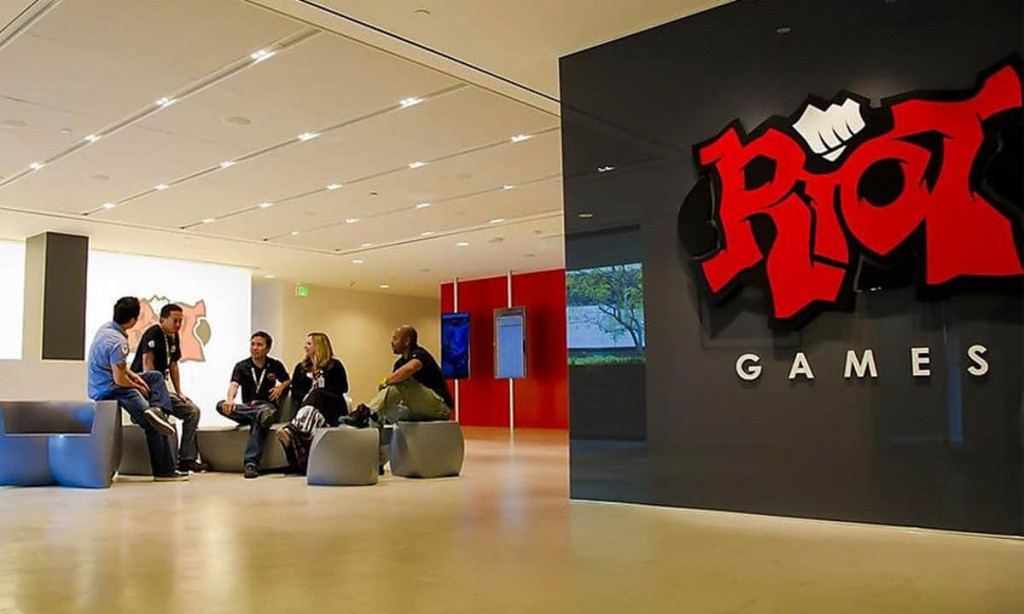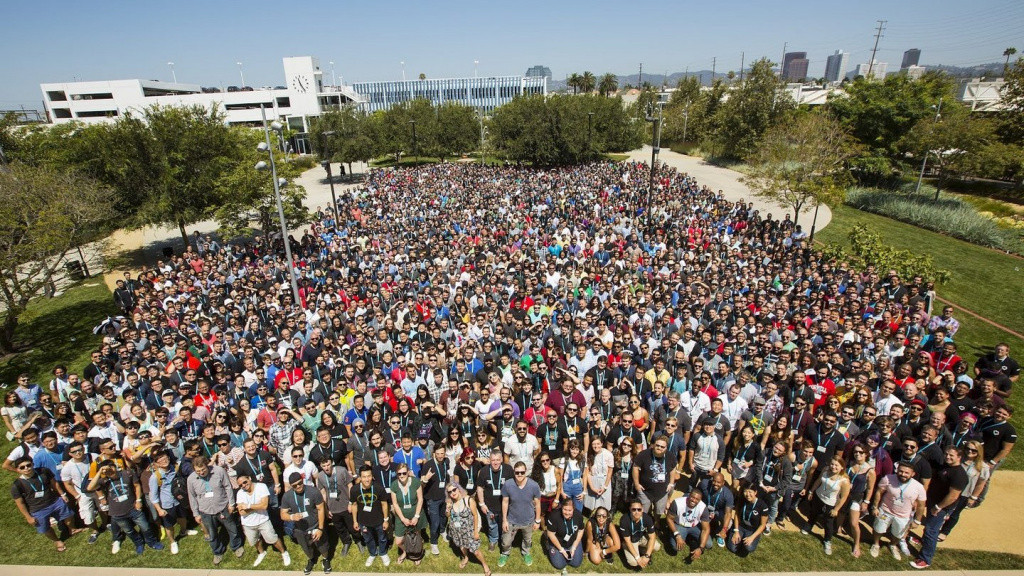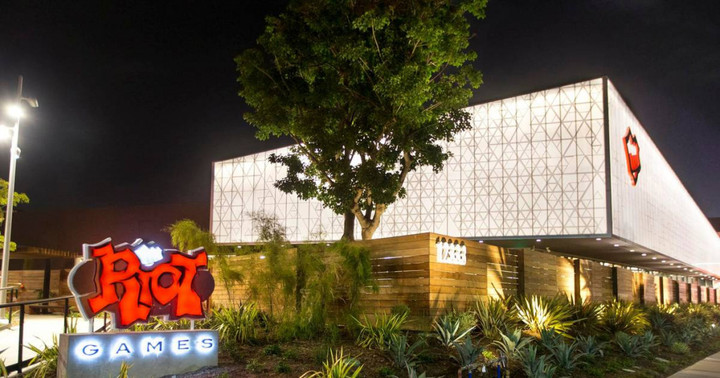Riot Games, the studio behind League of Legends and Valorant, announced on Monday (27th December) that they are settling a class-action gender discrimination lawsuit for $100 million.
The publisher has agreed to cover plaintiffs’ legal expenses (approximately $20 million) and to pay $80 million to employees and contractors who identify as women and worked at Riot Games at any capacity between November 2014 and December 2021.
The now-former Riot employees, Melanie McCracken and Jess Negrón, filed the lawsuit in November 2018, following Kotaku's report on "the culture of sexism" in Riot Games, featuring testimony detailing a toxic working environment and rampant sexual discrimination and harassment.
Kotaku's influential article later inspired many other similar stories of exposing wrongs in the video game industry and empowered numerous other victims to speak out and expose similar problems at companies such as Ubisoft and Activision Blizzard.
Riot Games settles gender discrimination lawsuit

Riot Games originally agreed to settle the suit in 2019 for $10 million with Melanie McCracken and Jess Negrón, and that would have happened if it wasn't for the Department of Fair Employment and Housing (DFEH), the same state agency that is suing Activision Blizzard.
The agency blocked the 2019 agreement, as they estimated that victims should be compensated with as much as $400 million. The new $100 million-worth settlement is a result of an agreement between Riot Games and the DFEH.
In a press release put out by the DFEH, where the agency confirmed the agreement, it estimates that at least 2300 workers are eligible for their share of the $80 million settlement. Once Riot Games pays into a settlement fund, money will be distributed to claimants based on years of service and other factors.
"This is a great day for the women of Riot Games, and for women at all video game and tech companies, who deserve a workplace that is free of harassment and discrimination," said the plaintiffs' counsel, Genie Harrison. "We appreciate Riot's introspection and work since 2018 toward becoming a more diverse and inclusive company."

In addition to financial compensation, Riot Games also agreed to be monitored by an independent third party for three years, which will be approved by both Riot Games and the DFEH.
This "observer" will oversee how the company handles human resource complaints and if the publisher's gender equality policy is being enforced, such as equal pay, equal opportunity for employment and promotion, etc.
While both sides have confirmed that they have signed the agreement, the settlement is yet to be officially approved by the court and at the time of writing, a hearing date is yet to be set.
Don't forget to check out our dedicated Video Games section for the latest news, updates, esports coverage, guides, leaks and more.
Featured image courtesy of Riot Games.

 No ads, our video library,
No ads, our video library,

